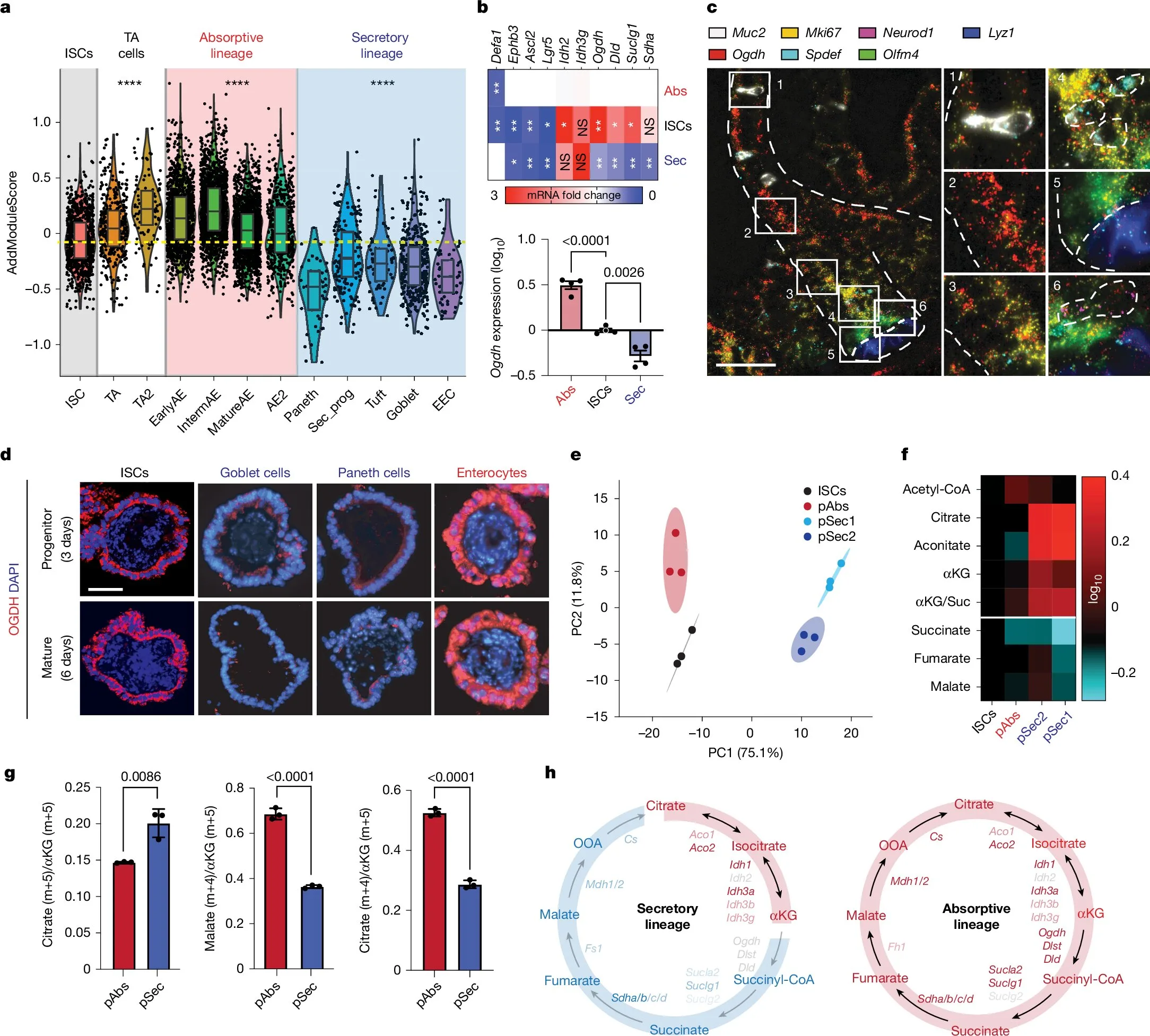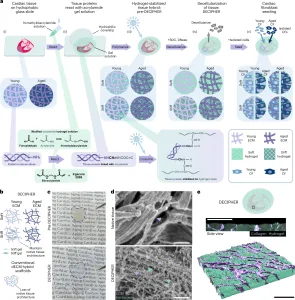Unlocking the Secrets of Intestinal Stem Cells: A Metabolic Switch Discovery
Researchers at Memorial Sloan Kettering Cancer Center have made a groundbreaking discovery about intestinal stem cells. They’ve identified a crucial metabolic switch that dictates whether these cells develop into absorptive cells (responsible for nutrient uptake) or secretory cells (which produce protective substances). This finding opens up exciting possibilities for treating conditions like colitis and advancing regenerative therapies.
The Role of OGDH: Fueling Expansion or Redirecting Fate
At the heart of this metabolic switch lies an enzyme called OGDH (oxoglutarate dehydrogenase). The research team discovered that by manipulating OGDH, they could influence the fate of intestinal stem cells. When OGDH activity is increased, it fuels cell expansion, leading to a greater number of intestinal cells. Conversely, when OGDH activity is altered, it redirects the stem cells to become either absorptive or secretory cells.
Implications for Colitis Recovery
This discovery has significant implications for the treatment of colitis, a chronic inflammatory condition of the colon. By understanding how OGDH influences cell fate, researchers may be able to develop strategies to promote the regeneration of healthy intestinal cells and restore proper gut function in colitis patients.
- Targeting OGDH could potentially accelerate the healing process in colitis.
- Manipulating OGDH may help to rebalance the absorptive and secretory cell populations in the gut.
Potential for Regenerative Therapy
The findings also hold promise for regenerative therapy. Intestinal stem cells play a vital role in maintaining and repairing the gut lining. By controlling the differentiation of these cells, scientists may be able to develop new approaches for treating a wide range of intestinal disorders and injuries.
How might this work?
- Stem cells could be directed to replace damaged or diseased cells in the gut.
- This approach could potentially restore the integrity and function of the intestinal barrier.
Final Overview
The identification of this metabolic switch in intestinal stem cells represents a major step forward in our understanding of gut biology. By manipulating the enzyme OGDH, researchers may be able to develop new therapies for colitis and other intestinal disorders. This research highlights the potential of regenerative medicine to harness the power of stem cells to heal and restore damaged tissues.




+ There are no comments
Add yours